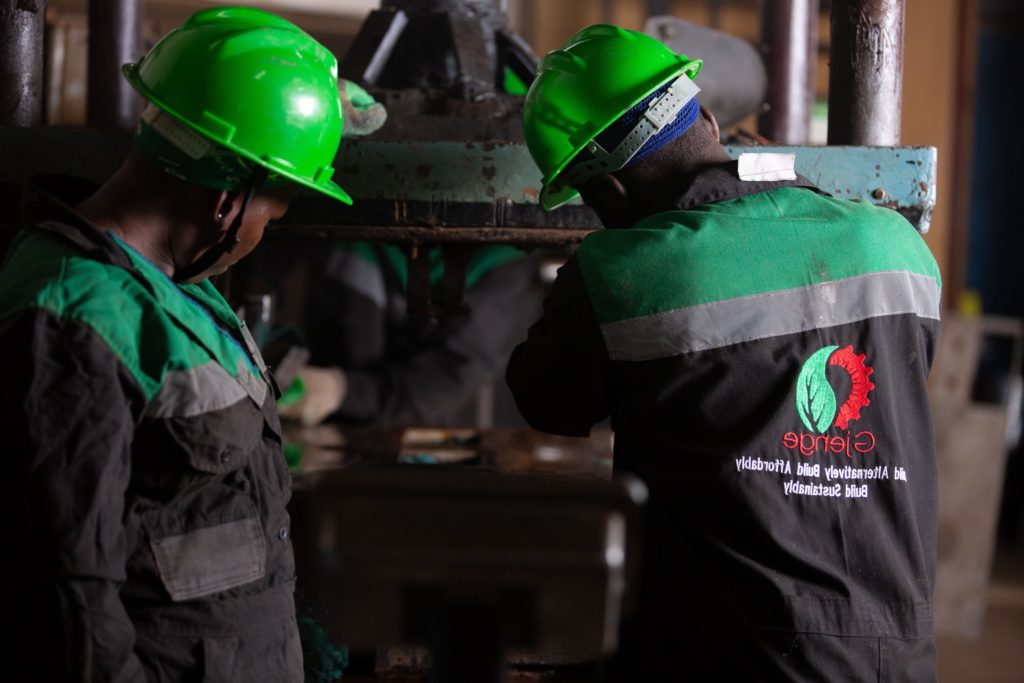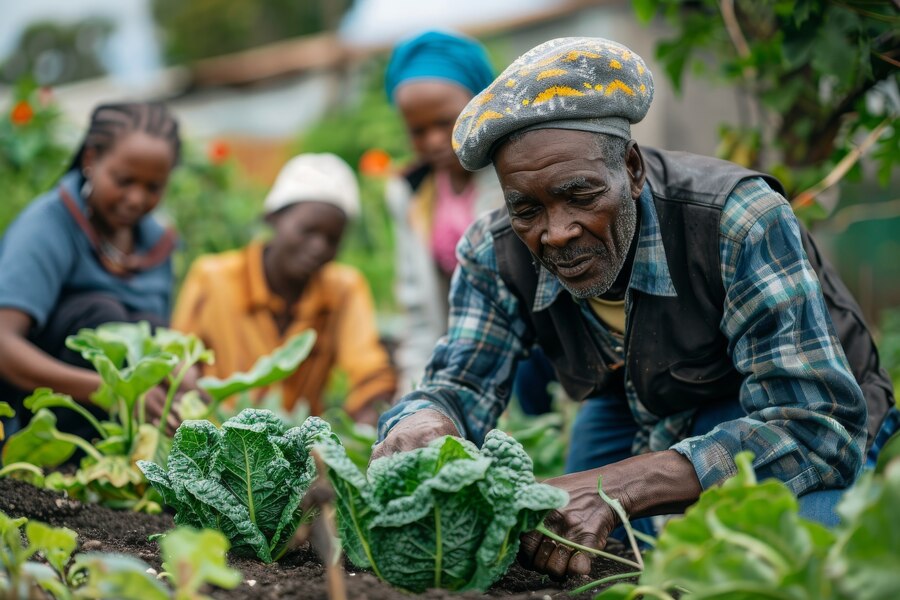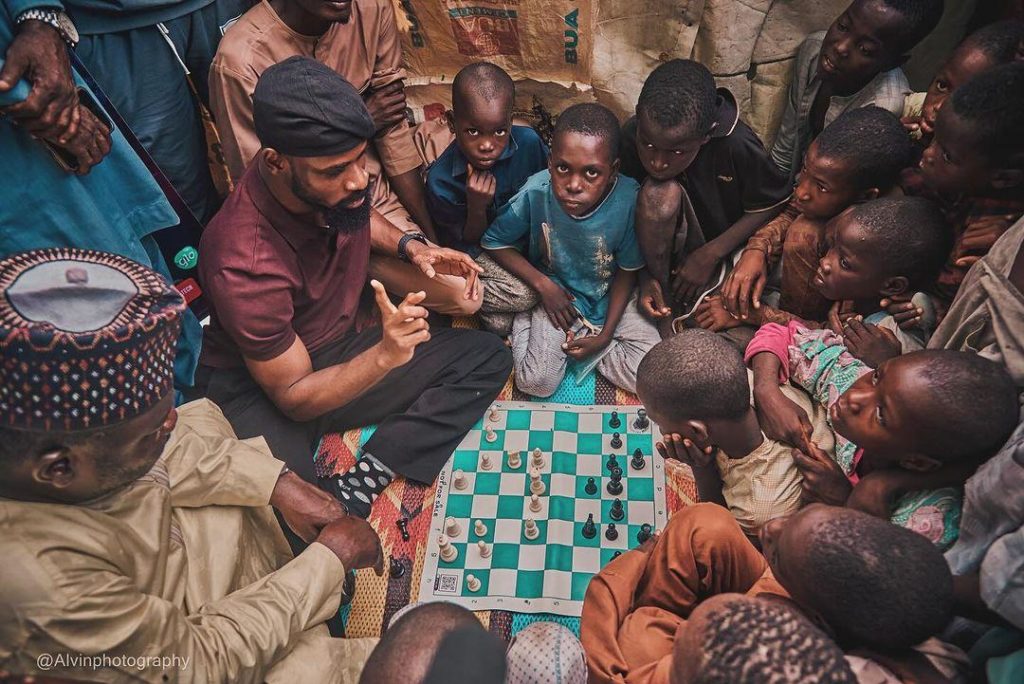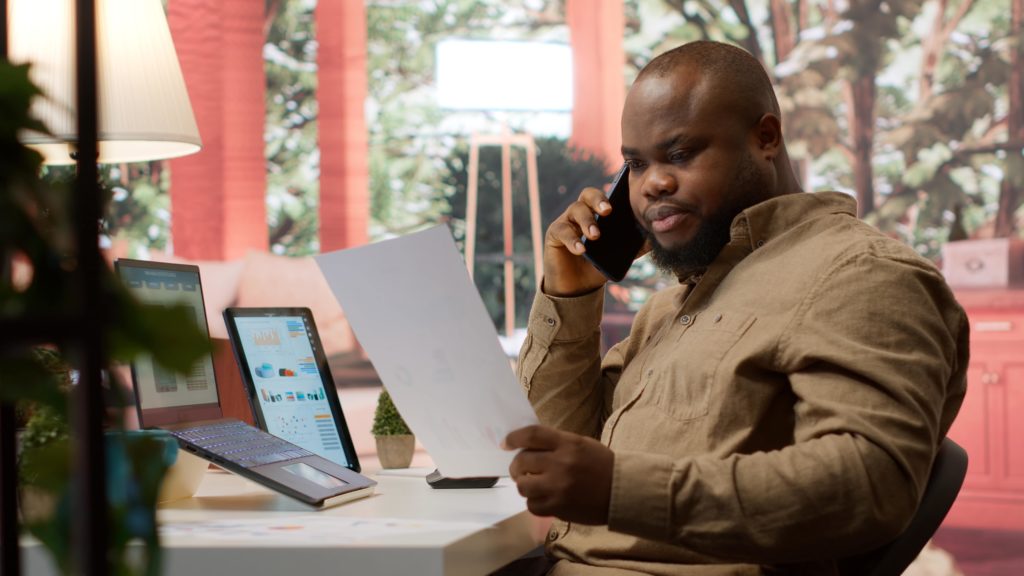In Africa, access to education is still poor. 49,5% of the African population aged 15 to 49 cannot read or write. In Côte d'Ivoire, for example, 43.8% of the population is illiterate according to UNICEF. Laws such as compulsory schooling and free access to education for girls have not succeeded in reducing the scale of the problem. The quality of education, especially in rural areas, remains very low, which does not help to achieve better school results and an acceptable level of education.
However, another striking fact remains: access to telephones. In Côte d'Ivoire alone, there are over 32.5 million mobile connections for every 25.4 million inhabitants, according to data from GSMA Intelligence.
The challenge is therefore great. How to succeed in alleviating the problem of education by using the mobile phone as an asset? The solution developed by Eneza Education is simple: an educational platform accessible to all: iEduk.
Presentation of iEduk, the affordable edtech solution from Eneza Education
iEduk is an online and mobile platform that allows primary and secondary school students to access educational content via SMS for affordable and quality learning. The content they access is validated by the authorities and complies with the national curriculum. In addition to lessons, learners can also chat with teachers and ask them questions from 8am to 8pm every day.
How iEduk works ?
iEduk works as follows:
- The student sends the word "Edu" to 98051 by SMS to access the national curriculum and log in to the lessons and questions.
- He selects "1" on his phone to register on the platform.
- The student (or parent) then selects their subscription and billing method.
- He chooses his school level - 'Primary' for those in fourth and fifth grade and 'Secondary' for those in 6ᵉ or higher.
- He selects his classes and subject.
- The student reads the summary of the lesson to understand the concept.
- The student answers the questions in the lessons and the system evaluates his/her work.
By June 2019, the platform had over 13,700 learners.
How did the iEduk educational platform come about?
In 2015 in Nairobi, Kenya, two young Kenyans, Kago Kagichiri and Toni Maraviglia, had a specific idea: to reverse the trend and enable children to have access to quality education easily and cheaply. And this, even if they are in a rural area. The project immediately took off in Côte d'Ivoire and is now being rolled out in several other African countries such as Ghana, Tanzania and Togo.
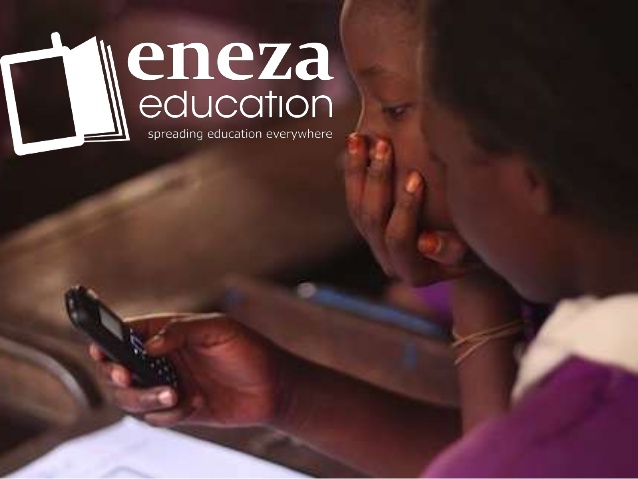
How does iEduk manage to spread its wings and guarantee training accessible to all?
In 2018, Eneza Education received a grant from the GSMA Ecosystem Accelerator Innovation Fund to develop its solution in Côte d'Ivoire. The objective being to improve the quality of the platform. This grant brought the number of users of the platform to 27,545.
To facilitate access to educational content for students, Eneza Education has partnered with mobile phone companies. These include: the Orange group and Mtn in Côte d'Ivoire, the Mtn group in Togo and Airtel in Ghana. This allows students to access and pay for content using prepaid mobile phone credit.
This is an opportunity for students living in rural areas to have access to quality educational content at a lower cost.
The content is based on the local school curriculum.l, provided by highly qualified teachers and experts approved by the Ministry of Education.
Wambura Kimunyu the Harvard graduate who runs Eneza Education
Eneza Education is an international company and since 2019 has been headed by the CEO Wambura Kimunyu. The prospect of a role with Eneza Education crossed her mind in 2018. She was looking for a new experience to apply her different experiences from the world of technology to solve a difficult problem in Africa.
Eneza was able to combine her academic background, experience and interests. So working there was a natural fit. With a background in the traditional publishing sector, the development and distribution of mobile content through paid services, Wambura Kimunyu has been able to better understand and appreciate the mass market audiences, not only in Kenya, but throughout Africa.
For Wambura, Eneza Education has a simple but convincing proposal that is hard not to fall in love with.
It quickly embraced the founders' vision of providing quality education at an affordable price to underserved markets.
Although a management position is not without its challenges, the graduate of the Harvard University Graduate School of Education in Massachusetts, who has worked in a number of successful start-ups such as Cellulant, is motivated to take on this role.
What future for Eneza?
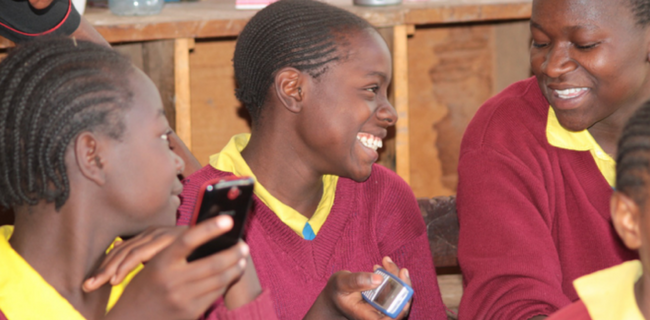
With iEduk, Eneza has succeeded in a crazy challenge. The figures speak for themselves:
- more than 10.2 million users,
- more than 6.1 million "Ask-A-Teacher" questions asked on iEduk,
- 23% improvement in academic performance after learning with Eneza Education for 9 months,
- Over 2 million messages exchanged daily on all learning platforms.
For Eneza the vision has not changed. What remains to be done is to develop consistently effective and accessible solutions to facilitate access and education for all children on the continent.
